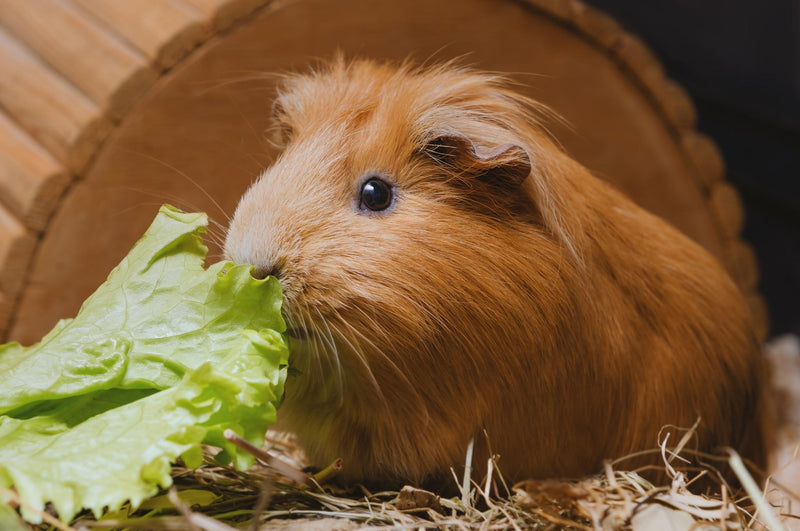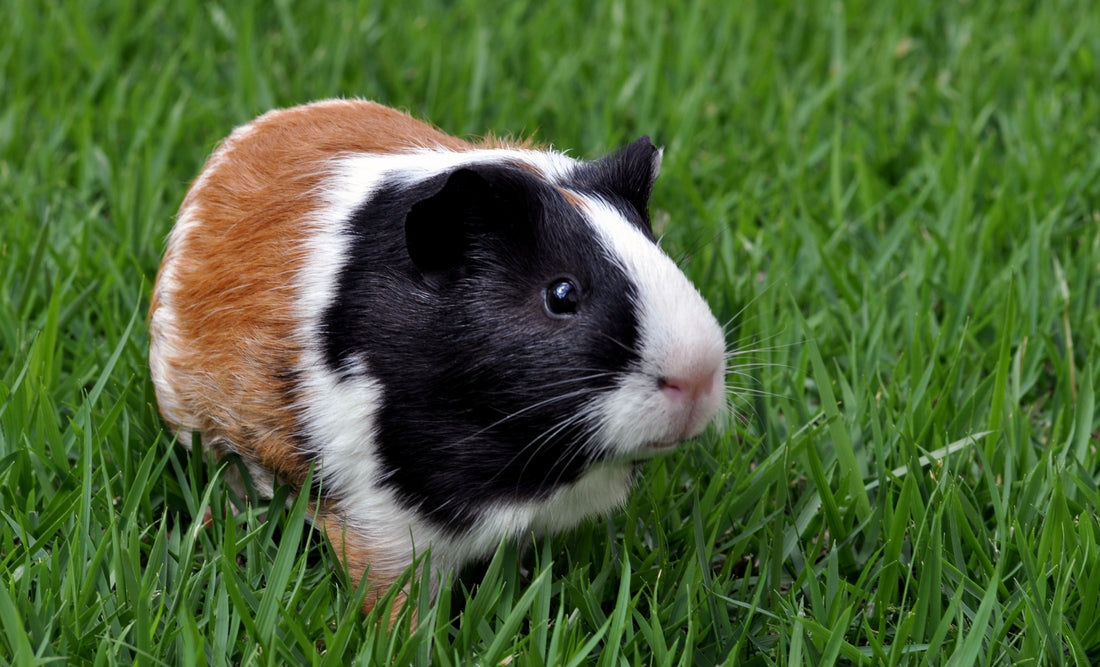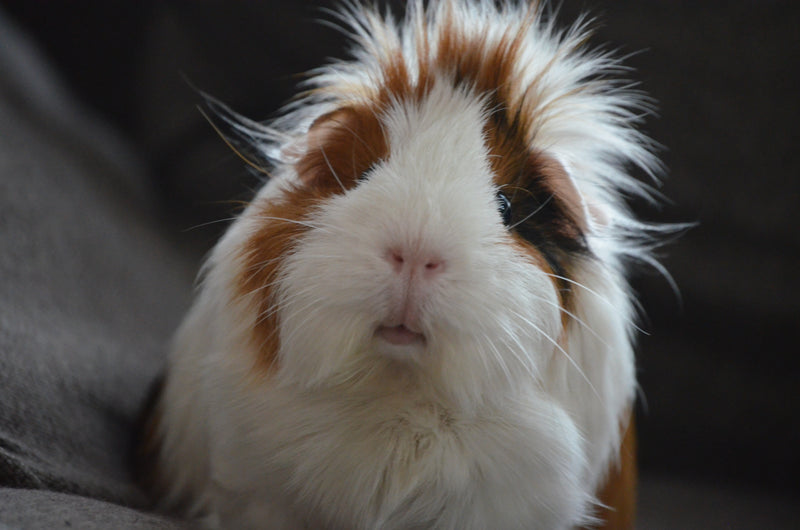
- 29 March 2022
- guinea pigs

Guinea pig feeding hay
When it comes to guinea pig care and nutrition it's all about striking a healthy balance.
Baled within 48 hours of cutting to maintain the nutrition nature intended, and processed to remove dust and bacteria ensuring premium quality in every nibble.
Never run out of your pet's favourite hay again and save 5% on each order.
Sign up for a subscription today and get 30% off your first order just use code HAYSUBSCRIBE30 at Checkout. Pause, change or cancel any time.
Good quality, fresh and nutritious, dust-extracted feeding hay should make up most of your guinea pig’s daily diet to maintain a healthy digestive system, prevent illness and help you to avoid unnecessary trips to the vets.
Our high quality homegrown hay is ideal for your piggy because not only is it high in fibre and low in sugar, it’s packed with naturally tasty goodness, just as nature intended. Small pets who have taken the taste test give the ‘paws up’ to our natural varieties!
An added bonus of wholesome coarse varieties, like our Timothy Hay, is that they take time to chew which prevents boredom. A happy pet is a healthy pet afterall!
A guinea pig’s diet is similar in many ways to that of their longer eared friend the rabbit. Guinea pigs are also grazers, and naturally only eat grass, herbs and some commonly foraged plants like dandelion and groundsel.
Keeping your piggy happy, healthy and away from the vets means keeping their digestive system in tip top condition.
They need both digestible and indigestible fibre going through their gut and can get both types of fibre from quality assured dust-free hay like our Timothy Hay for guinea pigs.

Need more advice? We have lots of useful information to help you take the best care of your guinea pig.
Explore our Pet care blog for facts and guides on how to care for your small pets.